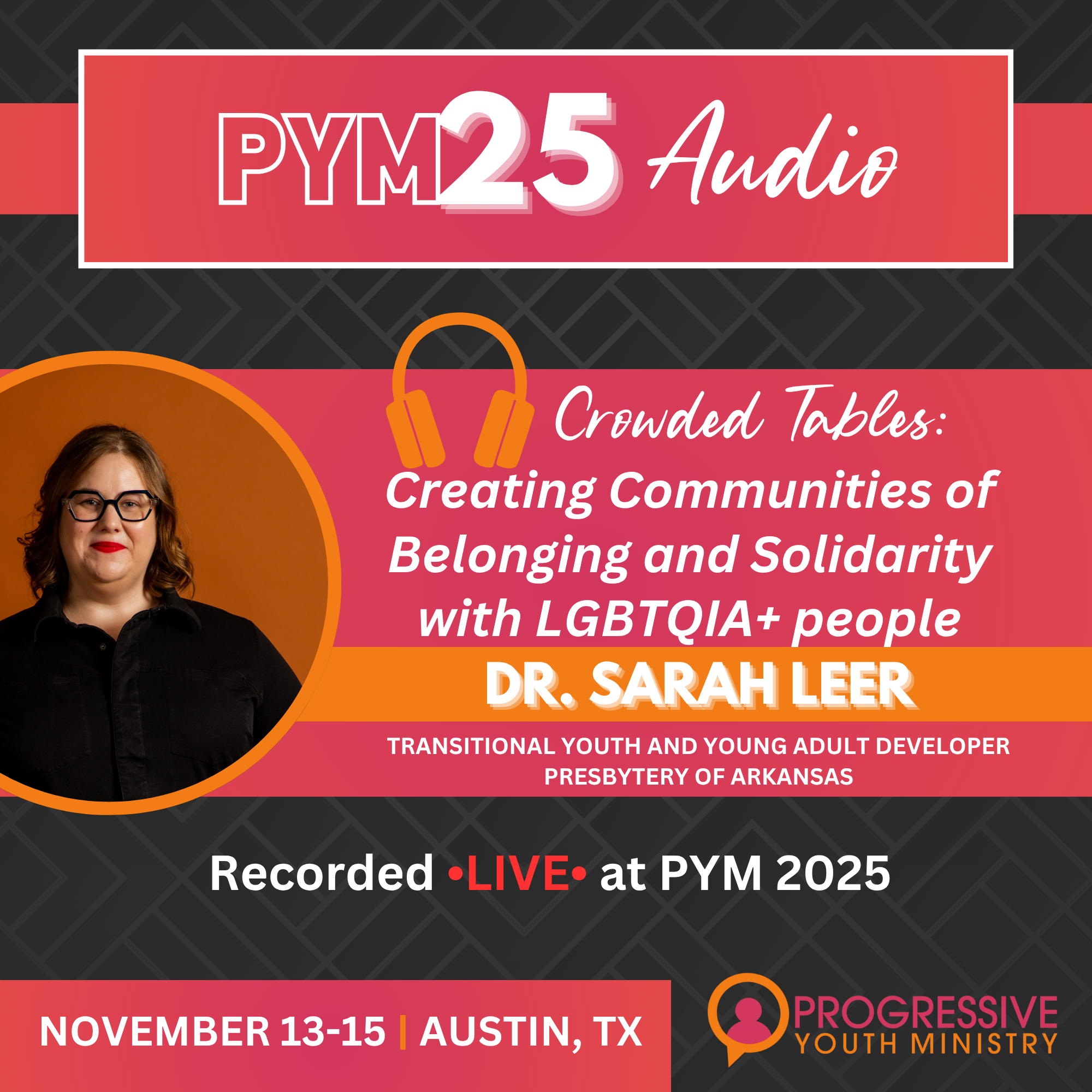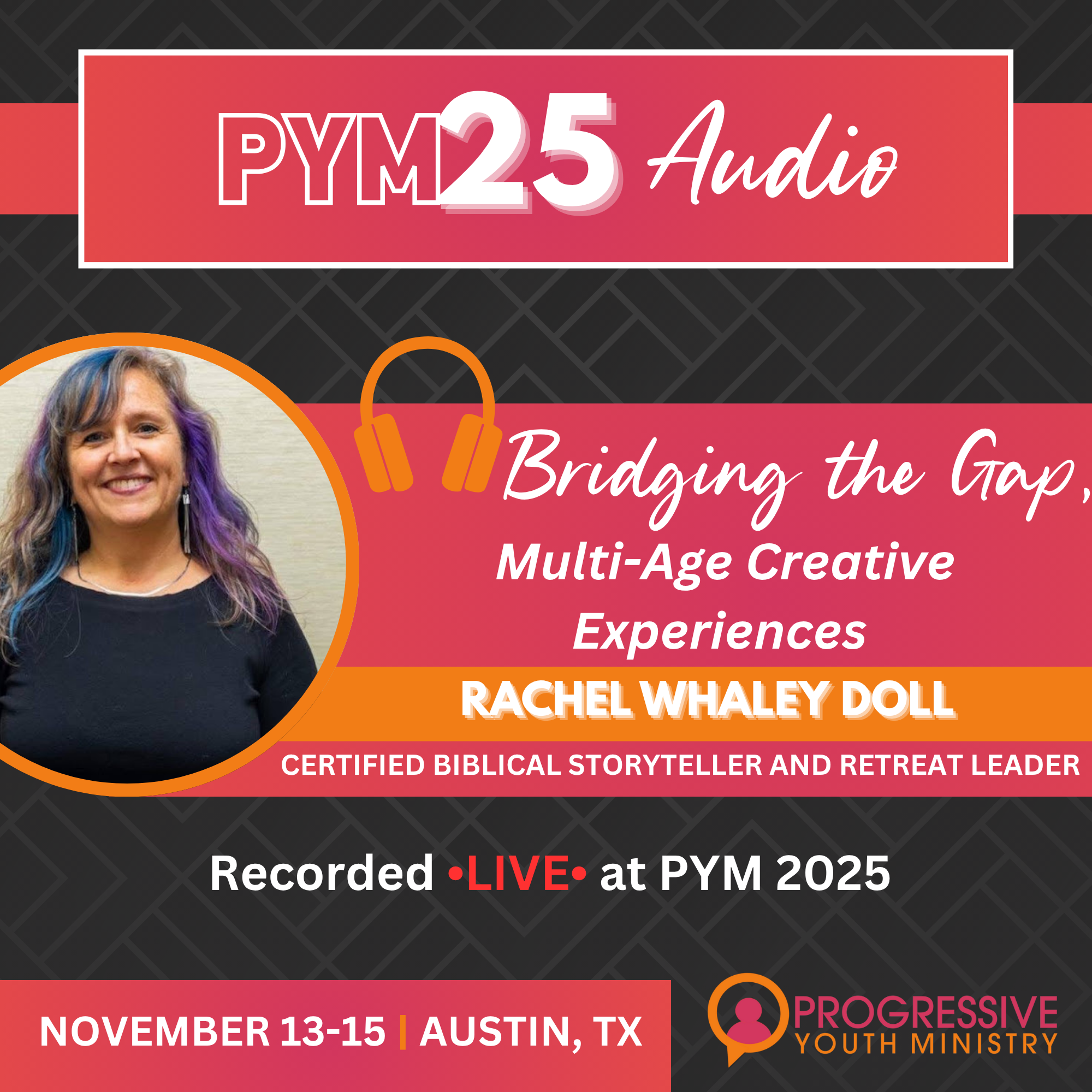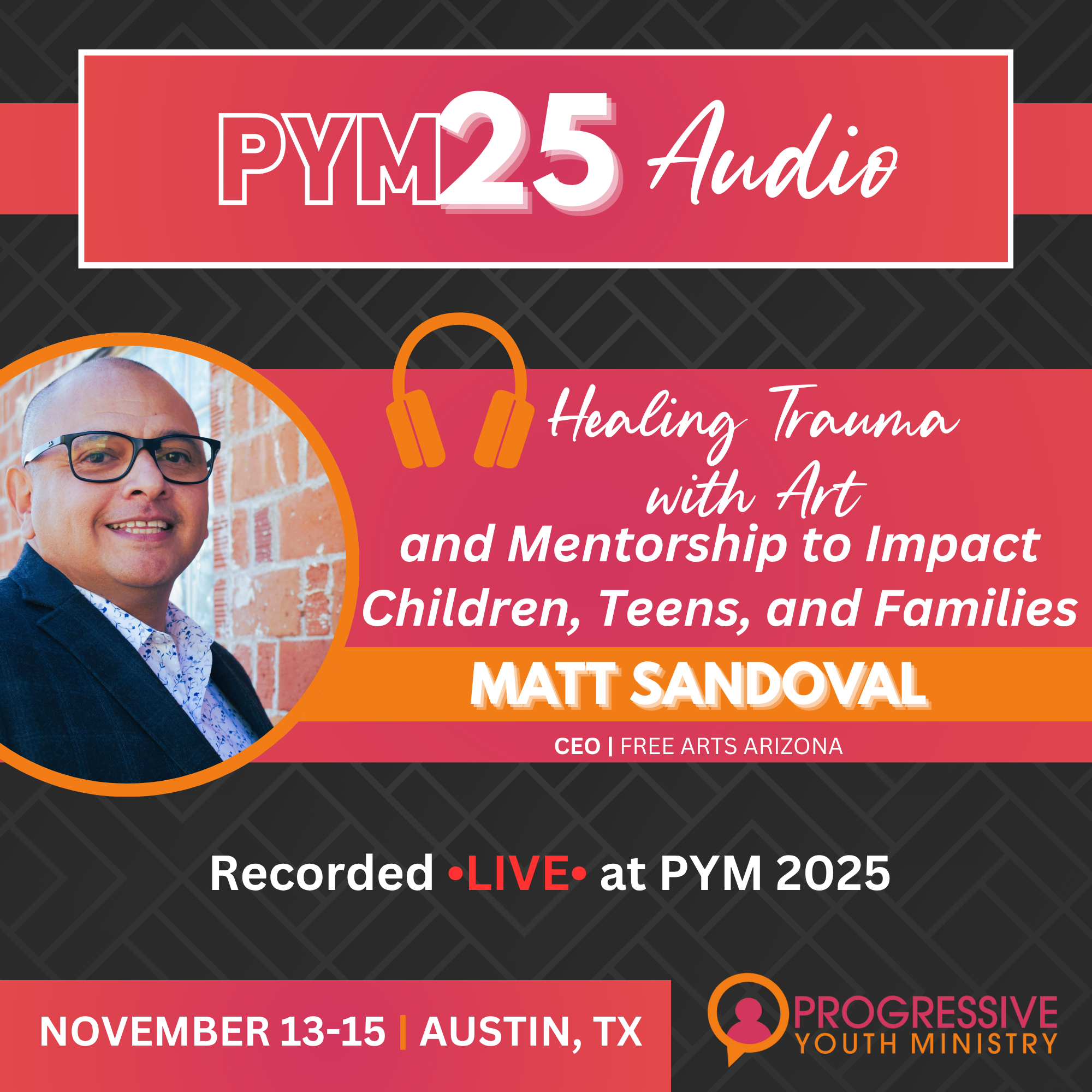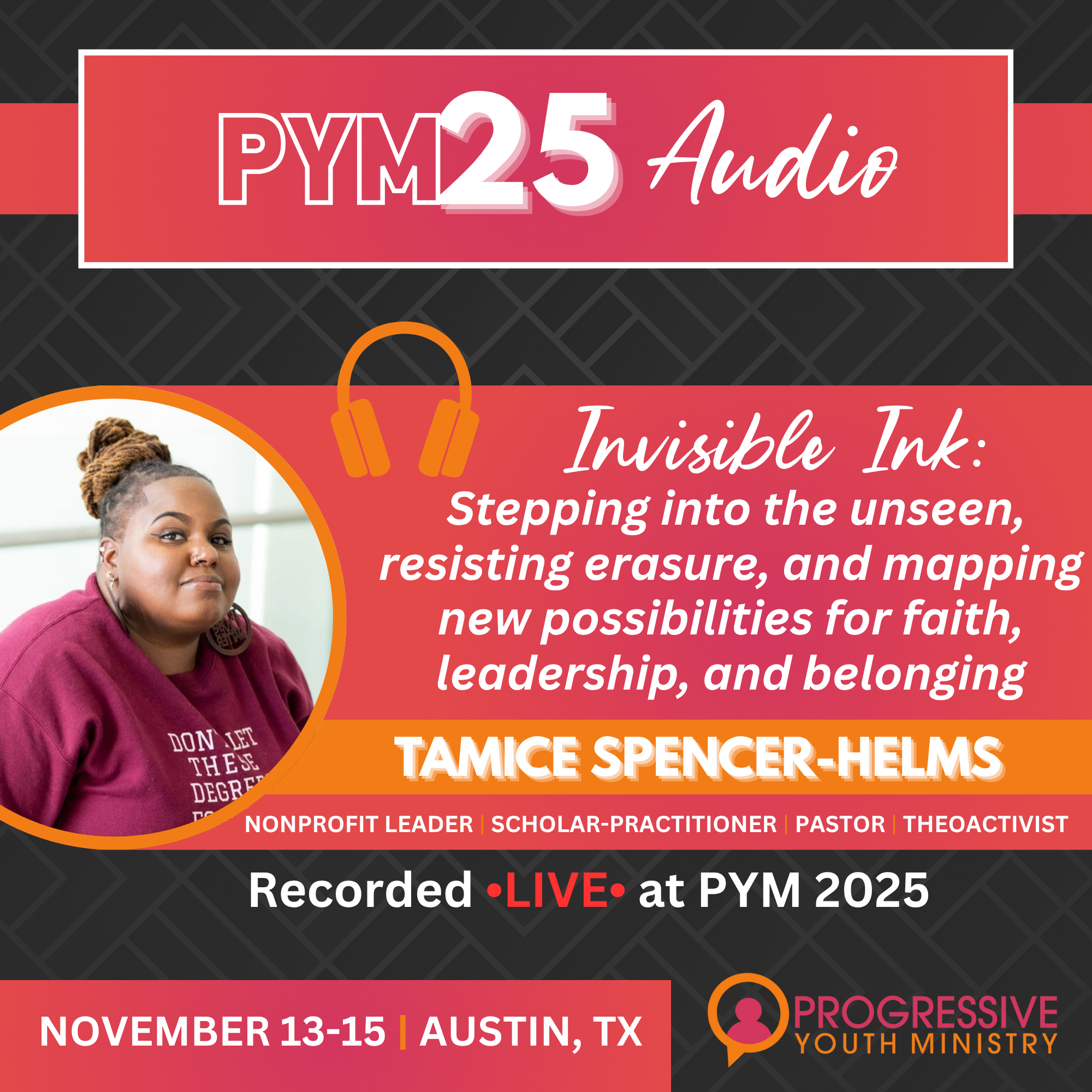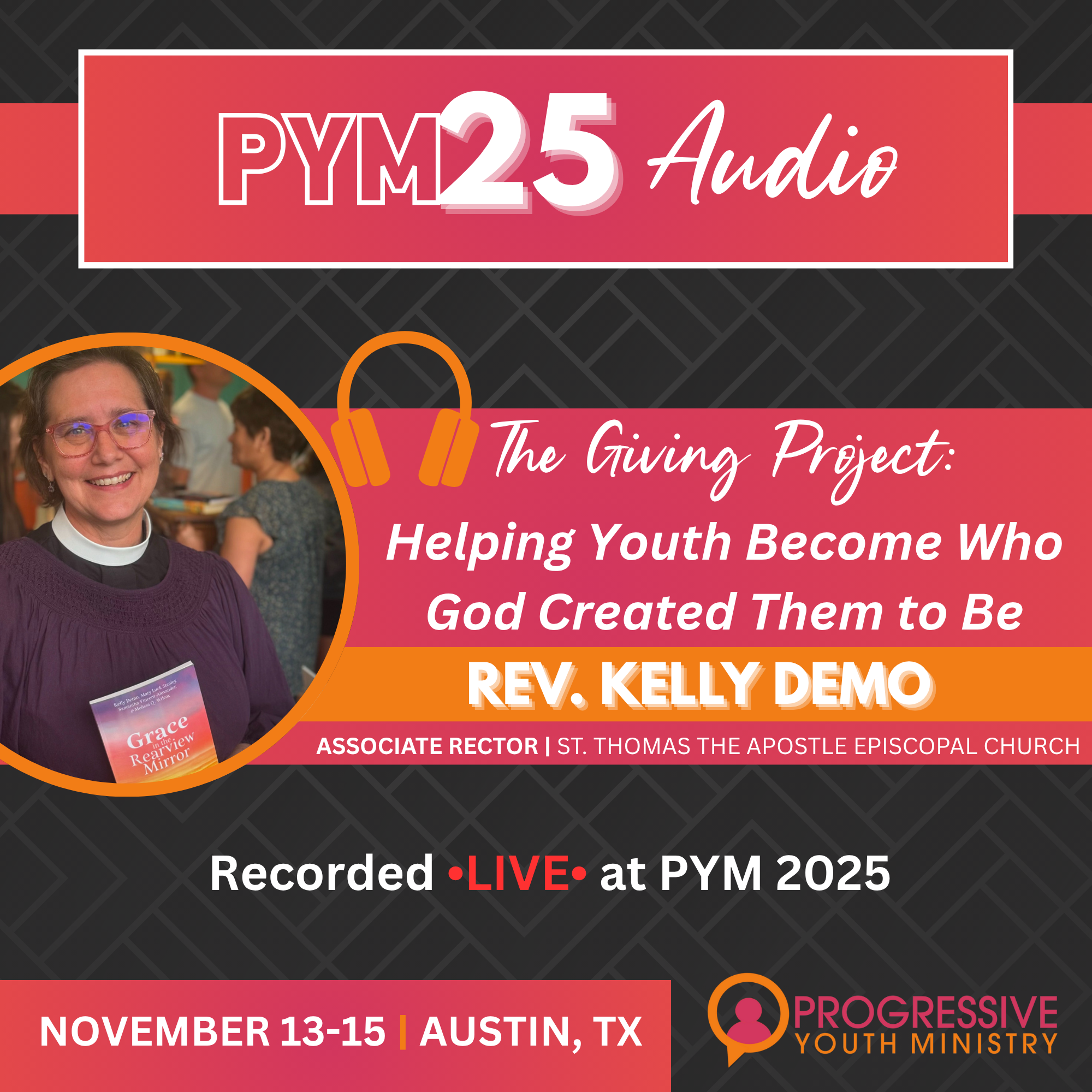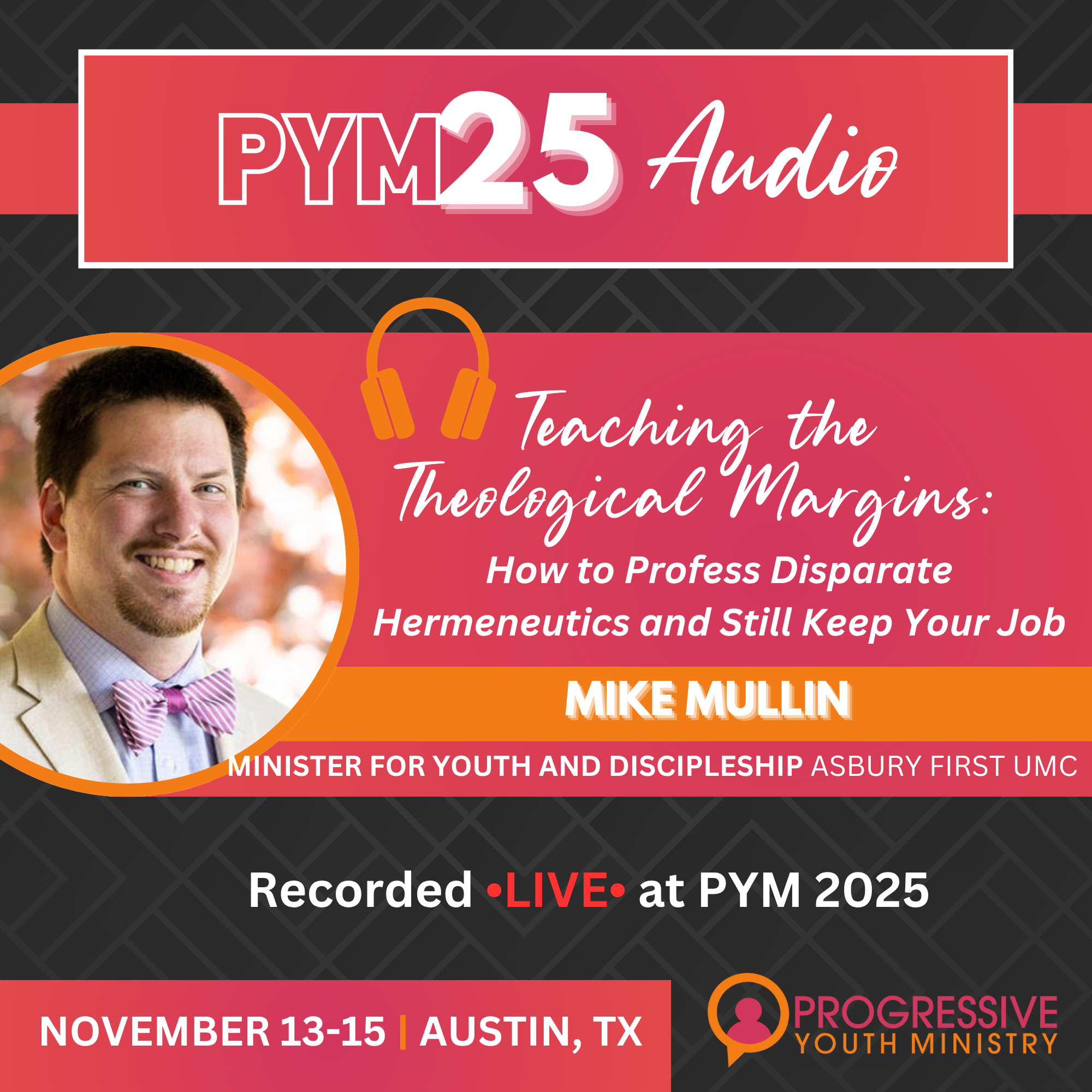 Image 1 of 1
Image 1 of 1


Audio: Teaching the Theological Margins: How to Profess Disparate Hermeneutics and Still Keep Your Job (Mike Mullin)
When it comes to progressive theology, there is a spectrum. For some, progressive theology offers an inroad for doing theology with people on the margins. For others, progressive theology offers an opportunity to wade in the theological margins. This workshop will focus on the latter. Too often, there is an interpretive chasm between the so-called “Old Testament” and “New Testament.” The creation stories may be poetry, and Jonah may be a metaphor; but when you start to question the historicity of Jesus’ birth narrative, the legitimacy of the miracles, and the veracity of a bodily resurrection, you may still find many “progressives” prepared to pronounce you a heretic. And yet, certain branches of progressive theology have been exploring these different interpretations for decades. This workshop will invite you to consider where you might align on the progressive theology spectrum, and how you can share theological margins in your context—all while still leaving room for divergent viewpoints and without worrying about getting canned.
When it comes to progressive theology, there is a spectrum. For some, progressive theology offers an inroad for doing theology with people on the margins. For others, progressive theology offers an opportunity to wade in the theological margins. This workshop will focus on the latter. Too often, there is an interpretive chasm between the so-called “Old Testament” and “New Testament.” The creation stories may be poetry, and Jonah may be a metaphor; but when you start to question the historicity of Jesus’ birth narrative, the legitimacy of the miracles, and the veracity of a bodily resurrection, you may still find many “progressives” prepared to pronounce you a heretic. And yet, certain branches of progressive theology have been exploring these different interpretations for decades. This workshop will invite you to consider where you might align on the progressive theology spectrum, and how you can share theological margins in your context—all while still leaving room for divergent viewpoints and without worrying about getting canned.


